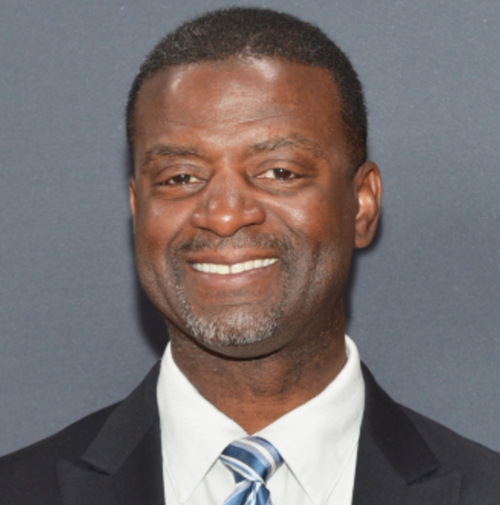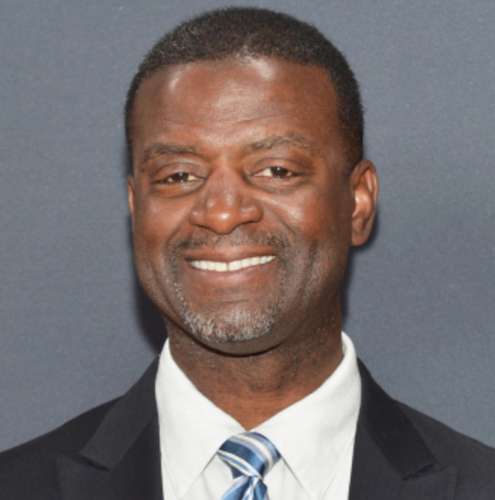The COVID-19 threat might have receded, but the fast-approaching Pac-12 football season faces several daunting operational challenges and unusual dynamics.
For instance: Two teams competing with one foot out the door.
“It will be business as usual,” Merton Hanks, the senior associate commissioner for football operations, told The Hotline earlier this week when a wide-ranging interview turned to how USC and UCLA will be treated during their penultimate season in the conference.
“There will be no shenanigans, no phantom situations. I won’t tolerate that. I’ve made that clear and so has the commissioner (George Kliavkoff). It speaks to the integrity of our conference, which ultimately speaks to my integrity.
“That said,” Hanks added with a chuckle, “I’m sure somebody will be mad about a call involving USC and UCLA at some point. But we’re going to make every effort to call the game as we always have.”
People are also reading…
If two departing teams were the Pac-12’s only challenge, the season would be intriguing enough from an operational standpoint.
But the expanding list of threats to weekly competition has prompted Hanks and Shonna Brown, the associate commissioner for football operations, to formulate a series of contingency plans.

“More than ever,” said Hanks, who was hired in the summer of 2020, “we have to anticipate the unknowns. We have plans in case there is a significant backslide and we’re facing a reduced schedule.”
In addition to potential controversies involving USC and UCLA, Hanks and Brown are accounting for disruptions from the following issues:
Pathogens
In addition to COVID-19, the conference is monitoring the monkeypox virus and the possibility of public health directives.
Travel trouble
The potential for disruptions to the airline industry, including those affecting the availability of chartered flights, is an ongoing concern.
Air quality
Fire season has arrived in the western third of the country.
“We have a joke that we wake up each morning, brush our teeth, comb our hair and then look at the AQ readings,” Hanks said.
Other developments within Pac-12 football operations:
The conference graded every call made by its officials during the 2021 season and concluded the success rate was in the “high 80s, low 90s,” according to Hanks.
“This is not 2019,” he said. “We have much better officiating.”
His office offered two pieces of comparative data: The number of instant replay stoppages nationally ranged from 2.2 to 3.1 per game (by conference). The Pac-12’s average was 2.3. The time spent on each instant replay stoppage nationally ranged from 1:23 to 1:32 per stoppage (by conference). The Pac-12’s average was 1:29.
“The fact is that we want to be super efficient but still put down the flag when it’s called for,” Hanks said.
Brown was hired last summer as part of Hanks’ build-out of the operations staff. She makes heavy use of analytics in much the same fashion as the Pac-12’s strategic planning committee for men’s basketball, which was created in 2015.
“We’re always gauging what we’re doing against the national averages,” Brown said. “Are we in the range with everybody else?”
Asked about rule changes for the upcoming season, Hanks cited two points of emphasis across the Football Bowl Subdivision.
The trend of fake injuries “was bad this past year” nationally, Hanks said, and he pointed to an important change to the blocking-below-the-waist rule that’s designed to improve player safety:
It’s no longer permissible to block below the waist outside the tackle box, a move that could impact the mechanics of passing plays like the bubble screen.
“Some schemes are going to have to change,” said Hanks, a former All-Pro safety for the 49ers.
“It’s going to change offense. It’s going to change how coaches recruit linemen. More big bodies will have to work their way down the field.
“Can they keep up with the skill guys? How will people adjust to not cutting downfield? If a guy can’t move laterally in space, he’s going to be less effective.”











